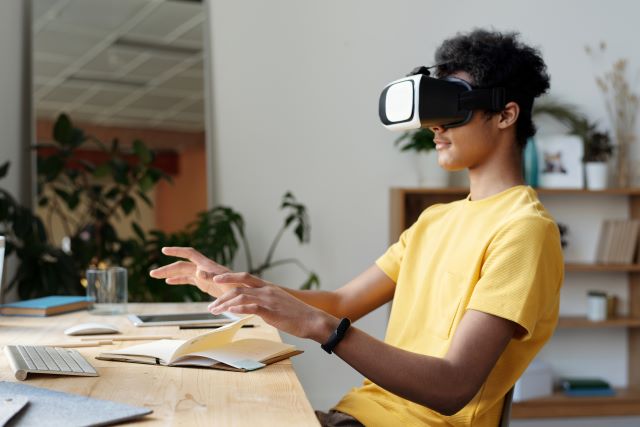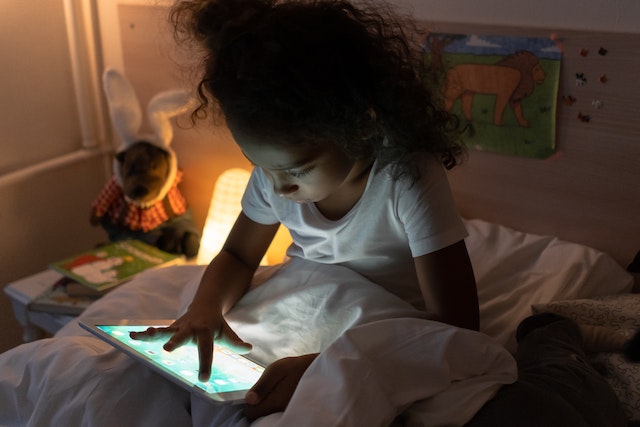A new study that has been recently published in the American Academy of Pediatrics journal has linked childhood screen time to adult obesity and high blood pressure.

“This really highlights the importance of critical development years. To emphasize – from a structural societal level, systems level, the need to set up programs, schooling, and support to allow parents to be successful in helping their children be more physically active,” Dr. Veronica Johnson, an assistant professor of internal medicine and pediatrics focusing on obesity medicine at Northwestern Medicine, said to ABC News in regards to the study findings.
The researchers started tracking hundreds of children in New Zealand in the early 70s, following them until they turned 45-years-old. Although, there were way fewer screens for children to look at back then, in comparison to today, experts attest to the fact that their findings do offer important information about how parents today should structure screen time usage.

Research study author, Dr. R.J. Hancox of the Department of Preventive and Social Medicine, Dunedin School of Medicine, University of Otago, New Zealand said that, “If you’re sitting watching TV, you’re not being active and therefore that increases your risk of being overweight and being less fit.”
Hancox continued, “It’s the dose that makes a difference. The dose of TV and screen time we’re having at the moment, from a physical health and probably mental health point of view is clearly a bad thing when we’re doing too much.”

Hancox also goes on to say that although the study can not necessarily prove that having increased screen time caused the adult adverse health issues for study participants, it is well-known that kids who have more screen time might do less physical activity, because of the sedentary activity of sitting down and watching TV. Also, kids who have increased screen time tend to have poorer eating habits.
“Screen time is inevitable,” Dr. Johnson said. “It’s important to set some guidelines or expectations for your children as far as when you should be using the screens and how the screens should be utilized.”
According to the Centers for Disease Control and Prevention, parents should not give any screen time to children under the age of two-years-old. The CDC also suggests that televisions should not be in a child’s bedroom and that screen time should be limited to 1-2 hours daily for those between the ages of eight and 14-years-old.
Remember, there are indeed benefits to screen time. However, just like everything else, too much of a good thing can be bad.






